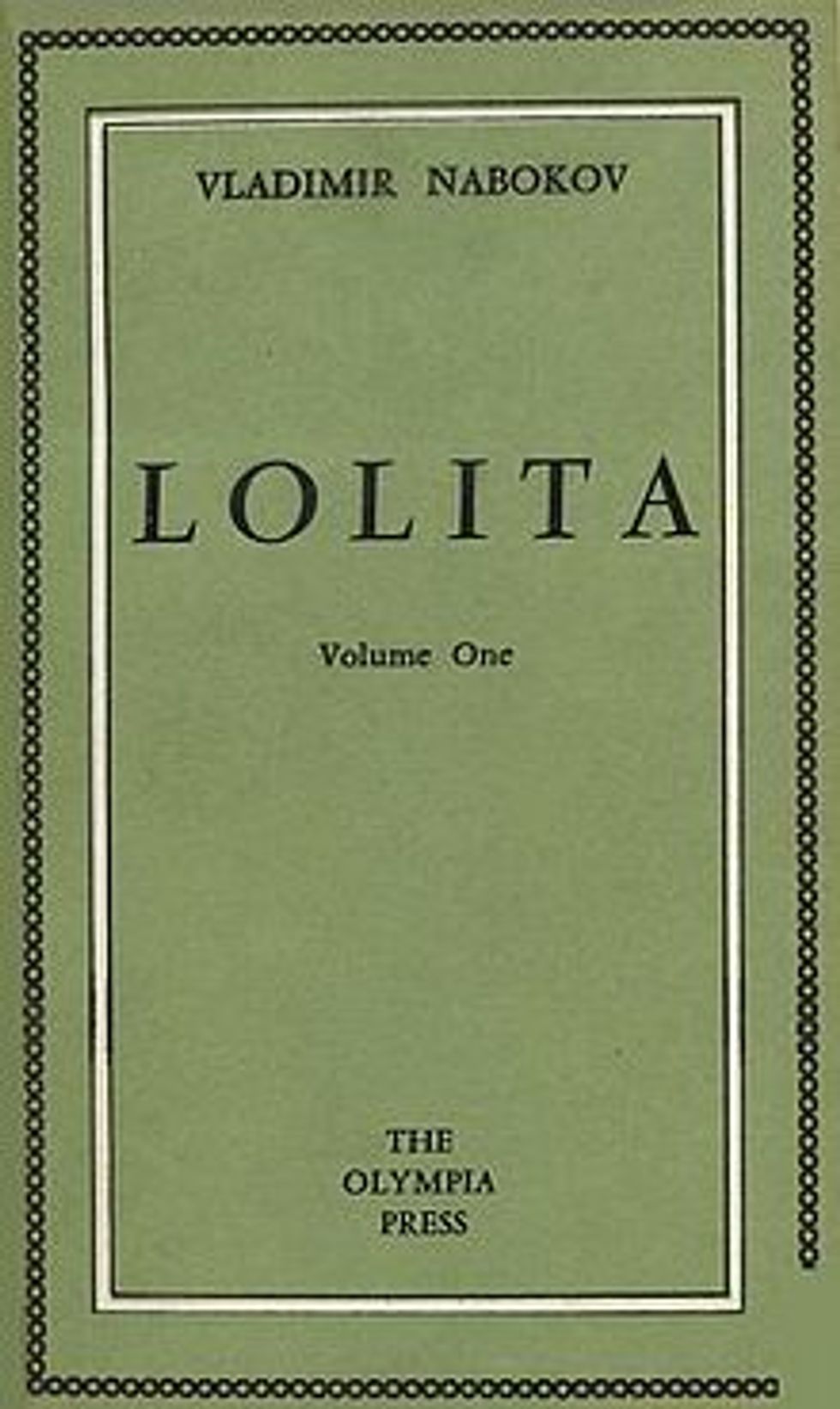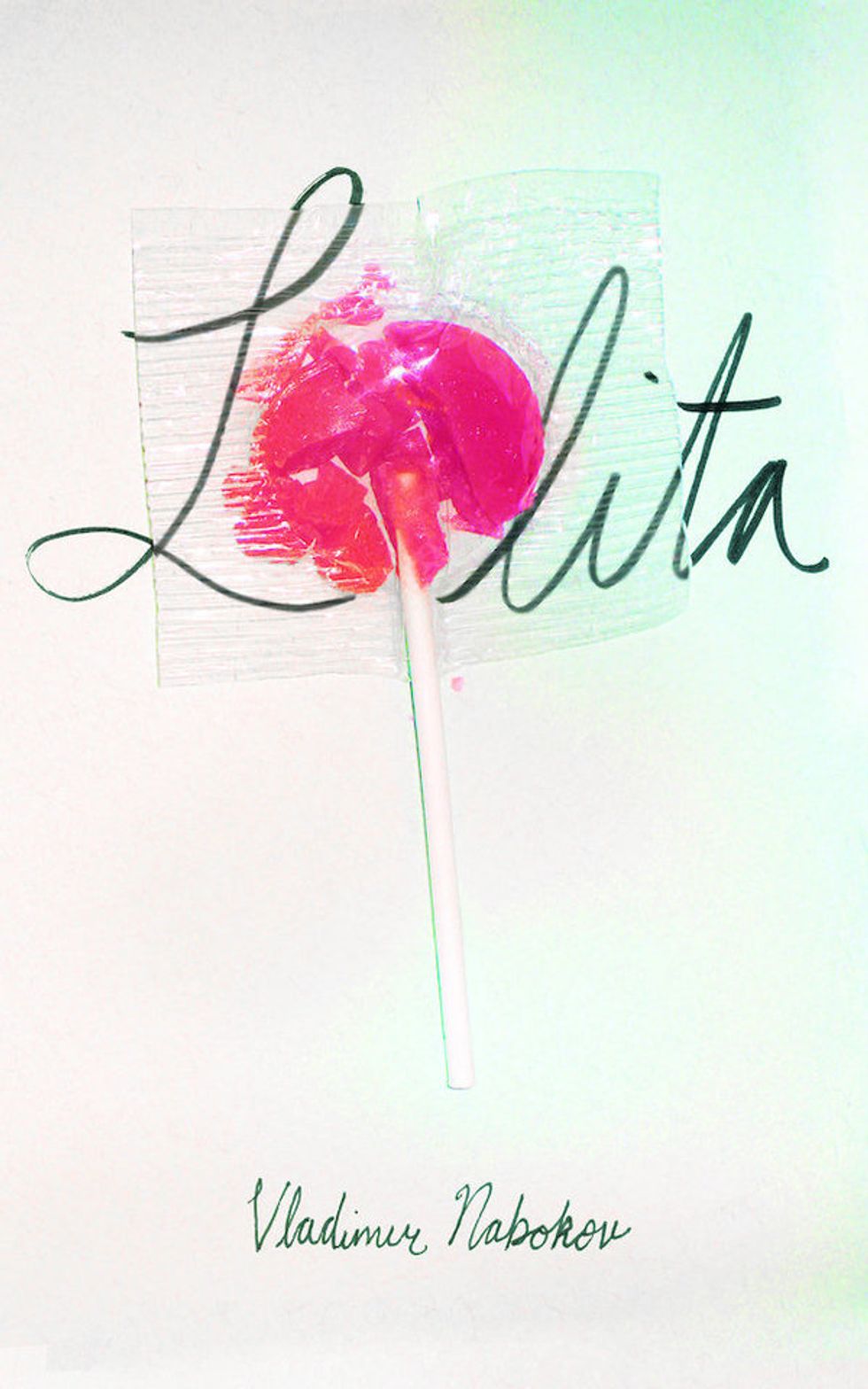In the vast world of literature, "Lolita "by Vladimir Nabokov is regarded as one of the most controversial yet beautiful pieces to date. Written in the 1950s, a time far more conservative than our own, a book with themes of pedophilia, rape, and sexual abuse was obviously not one well received. Although John Gordon responded, “Without doubt it is the filthiest book I have ever read” (McGarth), the book has continued to influence literature, even 60 years down the line. This is due to the fact that "Lolita "plays with the hidden sexual desires that dwell within the human race. As much as one may deny it, Humbert Humbert personifies man’s sexual desires that are kept hidden, mainly due to society’s unwillingness to accept them. Humbert Humbert, however, represents the man overtaken by his sexual urges, and one who decides to act upon them.
Throughout American History, which greatly influenced the world of American Literature and even World Literature, sexuality has been a subject often seen as taboo. Ever since then, it has become human nature to suppress our deepest and darkest sexual desires. The suppression of these desires, however, is what causes people to act out on them. "Lolita" is a work of fiction, but all fiction has roots in reality. Humbert Humbert, as fantasized as he is from the head of Nabokov, is based on the average man who has broken through the leash of sexual oppression. A New York Times article once commented on this by saying, “But ‘Lolita’ is more than just a dirty book; it's an upsetting one. And it disturbs us more than ever because pedophilia has moved from the murky, seldom-visited basement of our collective consciousness to the forefront of our moral awareness. We know now that it happens more often than anyone imagined, and with far worse consequences.” (McGarth). The acts of pedophilia and violent sexual desires shine through our web of sexual suppression, no matter how hard we try to deny it.
McGarth was right in saying that these acts happen “far more often than anyone imagined," as studies have found that: 57.0 percent of men have said “I have fantasized about having sex with someone much younger (legally) than me.," 22.6 percent of men have said “I have fantasized about sexually abusing a person who is drunk, asleep, or unconscious.," and 1.8 percent of men have said: “I have fantasized about having sex with a child under the age of 12 years.”(Orwig). Although 1.8 percent of men may seem to be a minute amount, the fact of the matter is that man exists with these sexual fantasies in mind. Humbert Humbert is a representation of the 1.8 percent of men who feel this way. Those men are Humbert’s root in reality.
The entirety of "Lolita" can be used as one large example of sexuality, and sexual fantasies and desires. One interesting choice by Nabokov was the way he opened his novel. Nabokov penned, “Lolita, light of my life, fire of my loins. My sin, my soul. Lo-lee-ta: the tip of the tongue taking a trip of three steps down the palate to tap, at three, on the teeth. Lo. Lee. Ta” (Nabokov, 9). No time is wasted in showing Humbert’s lust for Lolita. Nabokov does not hide Humbert’s true sexuality, and these sentences seem to be a very accurate summarization of Humbert as a character, and as a man. Although Humbert sees Lolita as his desire, he knows what he craves is deemed as wrong in society. He plainly calls her “my sin," as his desire for a 12-year-old girl was obviously one that those around him would not find to be healthy or deemed as correct. This representation stays accurate in our current culture, as we usually know when what we desire or crave is “wrong." Humbert personifies the few cases in which we look past our morals and go for what we desire anyway.
In both the worlds of fiction and reality, "Lolita" is a piece of art meant to reflect the society in which it was made. In writing this novel, Nabokov brought light to pedophilia, rape, and hidden sexual desires, by showing his audience that they are present, and can influence an individual. He clearly used his “protagonist” of Humbert Humbert to hone in on everyone’s hidden cravings, in turn making the character relatable in the most terrifying way imaginable. Humbert, although exaggerated, could be the man next door. Humbert can be within yourself, waiting to claw his way out.
Works Cited
McGarth, Charles. "50 Years On, 'Lolita' Still Has Power to Unnerve." The New York Times. N.p., 24 Sept. 2005. Web. 12 Dec. 2016.
Nabokov, Vladimir Vladimirovich. One. Lolita. New York: G.P. Putnam's Sons, 1958. 9. Print.
Orwig, Jessica. "What Men Fantasize About." Business Insider. Business Insider, 14 Nov. 2014. Web. 12 Dec. 2016.




















